Here's exactly what to do of you're required to work from home while the coronavirus outbreak continues. If you make key preparations, you may never want to go back to the office.
While we can all hope that the coronavirus outbreak will be contained soon, right now companies are seriously examining the option of having people work from home. And if they're not, maybe you are — and maybe we can help you persuade them.
Many of us here at AppleInsider have been freelance writers working from our own offices for decades. And while it is different managing your business there, between us we have built up best practices, and we've certainly made all the mistakes.
If this is happening to you because of the coronavirus, then you will hopefully have an advantage in that you can start preparing before you're sent home. Even if the decision to close was sudden, though, you still need to prepare — you just have to do it at the same time as starting this home working. You'll be setting up systems, making sure you have what you need, and doing it all at the same time as getting through the work you'd normally be doing. So while you can do that, and your company will surely understand that it takes time to set up a functioning home office, the more you can do in advance, the better.
Here's what you need to know and what you need to do.
How to prepare for working from home
Before anything else, look at what you will need from your company in order to work from home. Specifically, what information, what data, and what shared resources you normally rely on in the office.
If everyone at your firm uses a shared network drive, ask your IT department about remote access to it. If you use an internal messaging system such as Slack, make certain you've got your login and password details with you.
Check with IT about security, too, as you're undoubtedly going to end up with confidential company data on your local hard drives.
And speaking of local hard drives, if there is ever a time to put a backup plan in place, it's now.
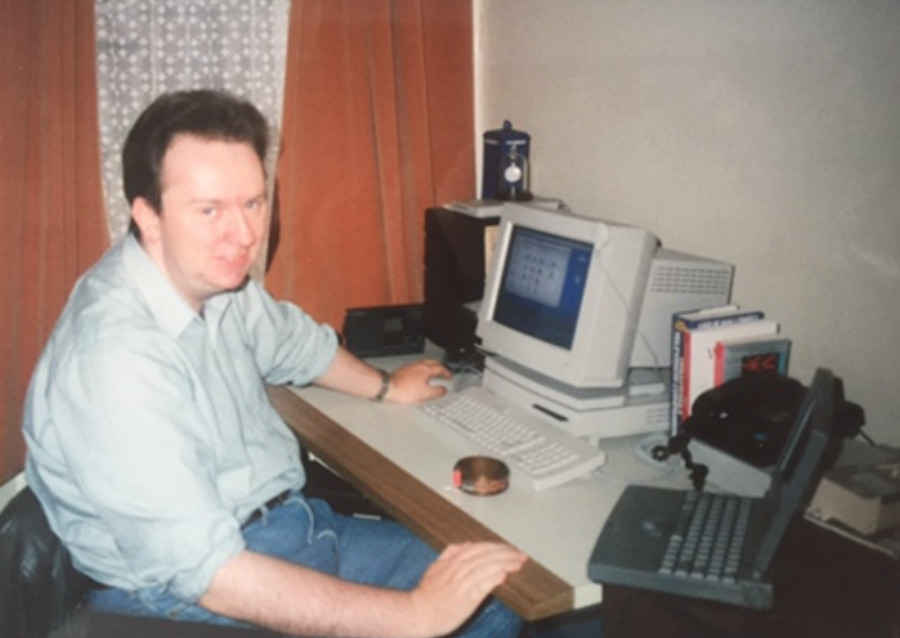 Told you we've done this for decades. Notice the original Macintosh LC and the ancient PowerBook. Don't look at the haircut.
Told you we've done this for decades. Notice the original Macintosh LC and the ancient PowerBook. Don't look at the haircut.Since this is going to be a temporary move, you may not need access to every last piece of information on the corporate network. But you will be working with others and they've been sent home too, so be sure to get their contact details.
Creating your own office workspace
Yes, you can do this at the kitchen table. You can turn a corner of the living room, or even the bedroom, into your office. If you have to do it, you have to do it, but even with working from home only temporarily, fudging your workspace will frustrate you. It will affect your work, and it may well even affect your health.
So find a place where you will be able to work for hours on end without lifting your iPad to lay the kitchen table for dinner, or unplugging the family Xbox when you need to charge up your MacBook Pro.
Ideally, you need a separate room but that may not be possible when this is temporary. Even if it's only for a few days, though, make the space you work in be as comfortable and appealing as you can.
Make it somewhere you will like to work in, rather than some awkward spot in the cold garage. That extends to spending money, if you need to, on decent furniture, most especially a good chair.
 Get a good chair, but don't spend so much money on it that you can't afford an actual room to put it in.
Get a good chair, but don't spend so much money on it that you can't afford an actual room to put it in.If you are going to be sitting in a great chair, but you'll be hunched over a MacBook Pro for eight solid hours, consider a new external monitor, too.
You don't have to buy the very most expensive ones, you may even be able to make do with a really good TV set. But while we wouldn't want to spend that money if it turns out you're returning to work in a few days, it is also something that will be useful to you forever.
Keep all receipts, whatever you buy. There are carve-outs in U.S. tax law for home office expenses and some localities have property tax offsets for home offices. This aspect of it, though, we'll leave for you to determine as there are so many combinations to deal with.
You're not in this alone
Talk to your family, too, but be prepared for the fact that very often they simply won't get it. Trust us, this never changes — you're around, so you're available.
The best you can do is be really clear with them, right from the start, precisely what times you are working — and then do not break that. Don't figure that you can take five minutes to fix the bathroom tap because you can't, and certainly don't suggest that you can or will to the family. It will take longer than five minutes, and you will pay for that time by never again being able to insist that you're working.
While your family, as great as they are, will not see this, you are working and this is a job. Working from home is not a holiday and if we do get to skip a commute, that's about the only advantage.
If we're insistent about you sticking to certain hours for your working — though we appreciate that your job may need you to be more flexible — then it is at least in part because we're really adamant about when you are not working.
Do whatever you can to have it that you can work for hours, but then that you can walk away from your work at the end of the day.
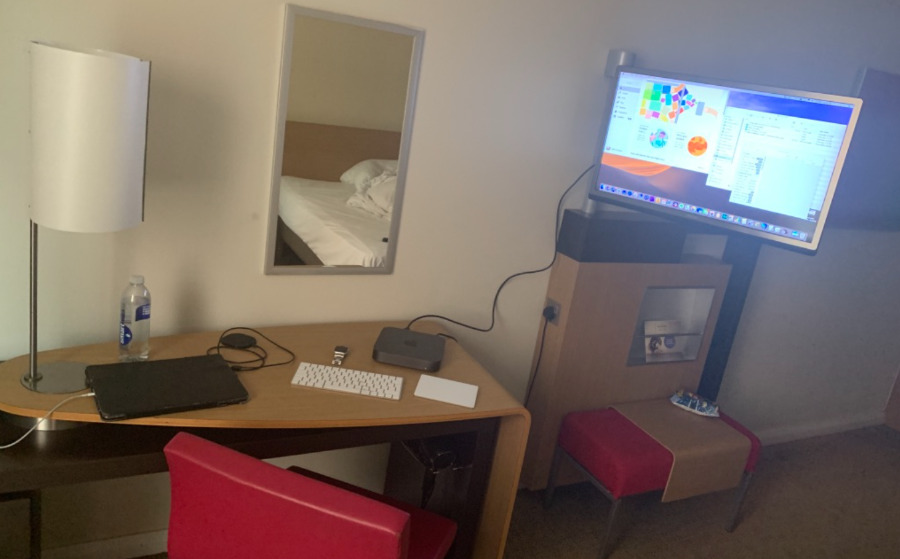 So that's why hotel TV sets have HDMI cables. Seriously, we're not recommending any part of this — except for the handy bottle of water.
So that's why hotel TV sets have HDMI cables. Seriously, we're not recommending any part of this — except for the handy bottle of water.Compartmentalize your room and your day
This business of walking away when you're done is the first thing that homeworkers abandon. You will find it supremely difficult to close down your work at the end of the day and not look at it again until tomorrow.
We are profoundly guilty here of not fully practicing what we preach. It will be so supremely difficult that you're going to fail like we do from time to time. The more you can do it, the better for your mental health, your physical health — and the quality of work you do when you are working.
This is perhaps especially hard if you are using your own equipment, as you will of course have bought that for all sorts of non-work reasons. While you can log out of a corporate computer and leave that office, if you're relying on your home iPad, you are never far away from your work on it.
Using your own equipment
There's a decent chance that your Mac, or MacBook Pro, or iPad, is a better and newer model than you have at your office. Enjoy it. Especially if you're usually stuck on some ancient Windows PC, enjoy the fact that you can now get things done better and faster than before.
You're probably on your own for IT support, but you're not going to need that so much when you're using Apple gear.
Again, given that this is hopefully temporary, your company is not very likely to fund your buying new equipment. While you can't in all practicality buy your own new MacBook, do still spend some money to help you with other gear.
This is a time to buy AirPods, or a HomePod, for instance. Or at least to take the HomePod from the den, to borrow your partner's AirPods Pro, and to sign up to Apple Music.
Everyone is different, but regardless of how you like to work, you are going to get distractions throughout the working day, and having music in your ears will help with that.
If you're used to a loud office, to mentally tuning out conversations and calls from the cubicle next to you, music won't replace that. But it's a lot better than silence, or maybe listening to someone's lawn mower in the distance.
The working day
If the first thing homeworkers abandon is the idea of shutting down work for the day, the second is food. You are highly likely to start some bad habits and then simply make them worse.
Many of them are going to revolve around food. You'll find it tempting to snack throughout the day, for instance, and especially if your kitchen is nearby and there's nobody else around to look askance at you.
You will definitely find yourself eating at your desk.
Don't do it. Regular meals are crucial, and eating them away from your work is hugely important. Quite apart from getting crumbs under the iMac keyboard, and probably staining your working desk with coffee, there is the effect on you.
You need the time away from the desk to eat and to digest. You really do.
Equally, though, have some water with you at the desk at all times.
There is also exercise. Maybe your regular commute involves plenty of running for trains, but your new homeworking one does not. Get up and walk around at least once every hour. Your Apple Watch keeps telling you to do that, now's the time to listen to it.
Leave your office
It's not as if working from home makes you into your own boss, but you do have more freedom. If it means that you will get more and better work done, leave your office occasionally.
You know that writers lurk in coffee houses, you can do the same thing. Don't just buy one latte and nurse it all day while plugged into the coffee house's single socket. Don't sit there glued to your screen, using their Wi-Fi, and wearing your AirPods, either.
Instead, use the place as a change and a nourishing one at that. Get some human contact, hear some lively noise and conversation, and consider that large hot chocolate.
You could equally well use libraries, perhaps even a park bench if the weather is kind. If you were doing this for more than a short time, and if it weren't because of the coronavirus, you could consider renting your own office.
Many firms offer rental space like this, and some doing it as a co-working space. So you might not be working with the people around you, but you have those people, and you are all working.
Preparing to return to work
You may have to find your car keys, or you might have to search your coat pockets for that train season ticket, but otherwise going back to office work will be a lot easier than leaving it. You've been using network drives remotely, for instance, so now you're just going to be sitting a bit nearer to them.
Even though we hope the coronavirus issue is short-lived, however, what is surely going to happen is that some firms are going to see that your working from home is beneficial to them. And if they don't, you will.
Whether it's you or they that want you to continue working from home, though, if you end up making this more permanent, it raises extra issues.
True, you're saving on all the commuting costs — though you did already buy that ticket, you have already bought the car — but now the heating and the electricity is on you. Plus, the business is saving those overhead costs.
And suddenly there are important tax issues you'll have to consider. Some of this you'll like, such as the ability to write off at least some of your equipment costs, and at least some of your bills.
But it's also complicated. For instance, as we said, there are tax differences when you have a dedicated room to do your work in, as compared to when you borrow the kitchen table. It's something you'll need to look into, but again only if you're going to be doing this for an extended period.
When that is the case, your company has to plan how this is going to work, too. Get their help, and talk openly with them about your how they might sweeten your salary. That's a conversation for when this is all over, though, and for the moment you need to concentrate on making working from home as much of a benefit to you as possible.
Keep up with AppleInsider by downloading the AppleInsider app for iOS, and follow us on YouTube, Twitter @appleinsider and Facebook for live, late-breaking coverage. You can also check out our official Instagram account for exclusive photos.
 William Gallagher
William Gallagher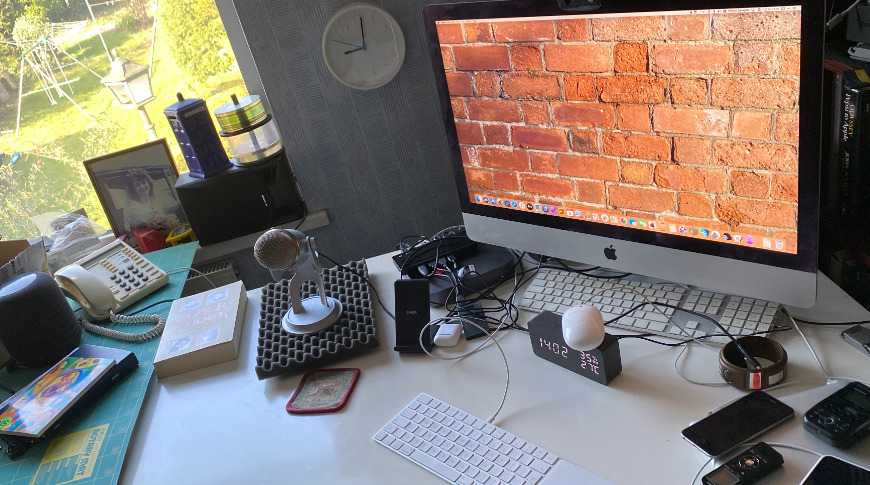
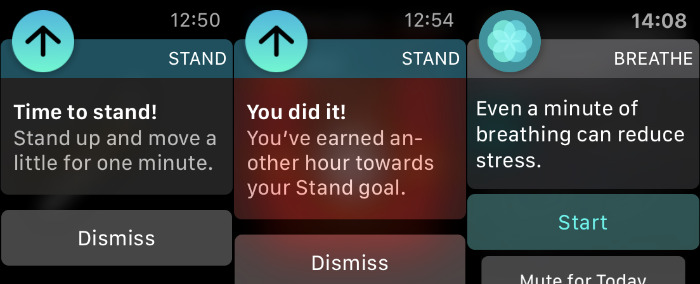
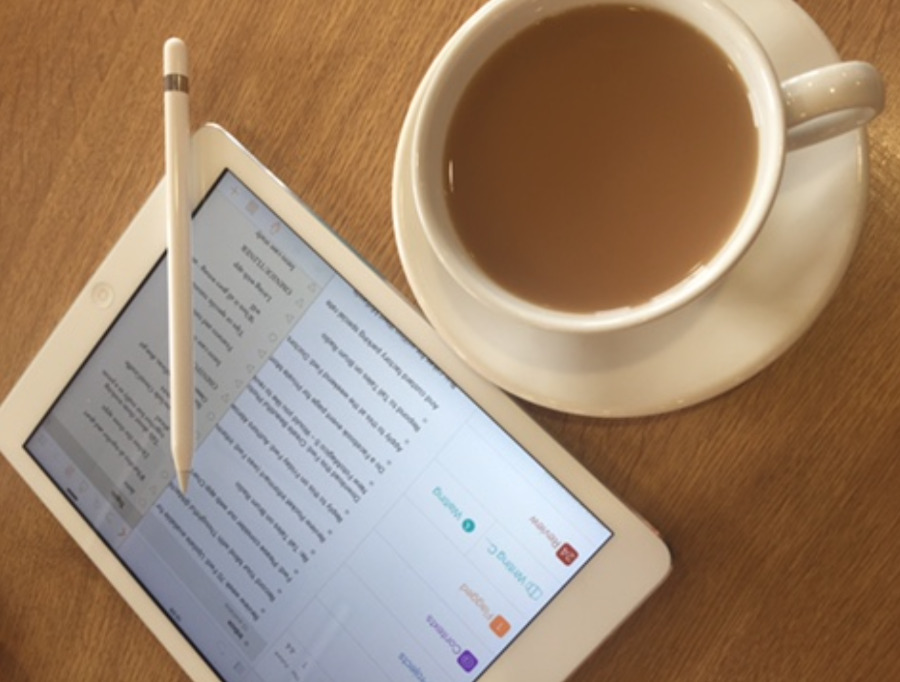







-m.jpg)






 Malcolm Owen
Malcolm Owen


 Wesley Hilliard
Wesley Hilliard



 Christine McKee
Christine McKee



-m.jpg)




30 Comments
An entire article on working from home, and not a single mention of VPNs. Tsk.
Horrendous posture in the second picture. Get a decent chair! Ha!
The thrust of this article is about setting up your home office. The beginning touches on establishing the connection to the corporate network, but really doesn’t do it justice. VPN as mentioned plays a huge part, and storing corporate files on a local drive is a non-starter for many organizations.
In our organization we not only have to establish a VPN connection, but we also have to RDP into a virtual machine. So we are working on a Windows server VM in a Mac window. The issue that comes up during major snow storms (and now outbreaks) is that thousands of employees all decide they need to work from home. Our infrastructure isn’t designed to have that many concurrent remote workers. People can’t connect and if they do, the connection is unstable or drops after 10 minutes of inactivity. Collective productivity tanks unless you happen to be working the night shift.